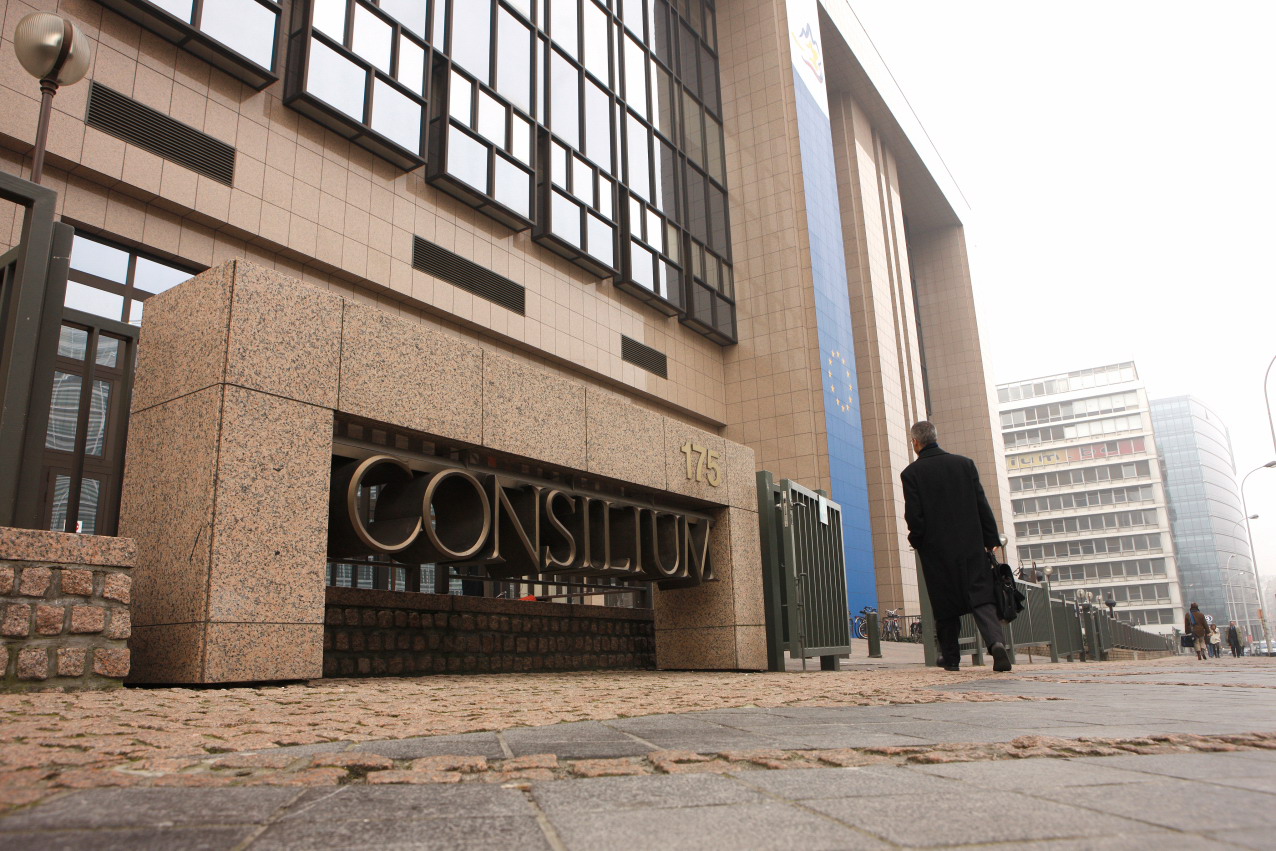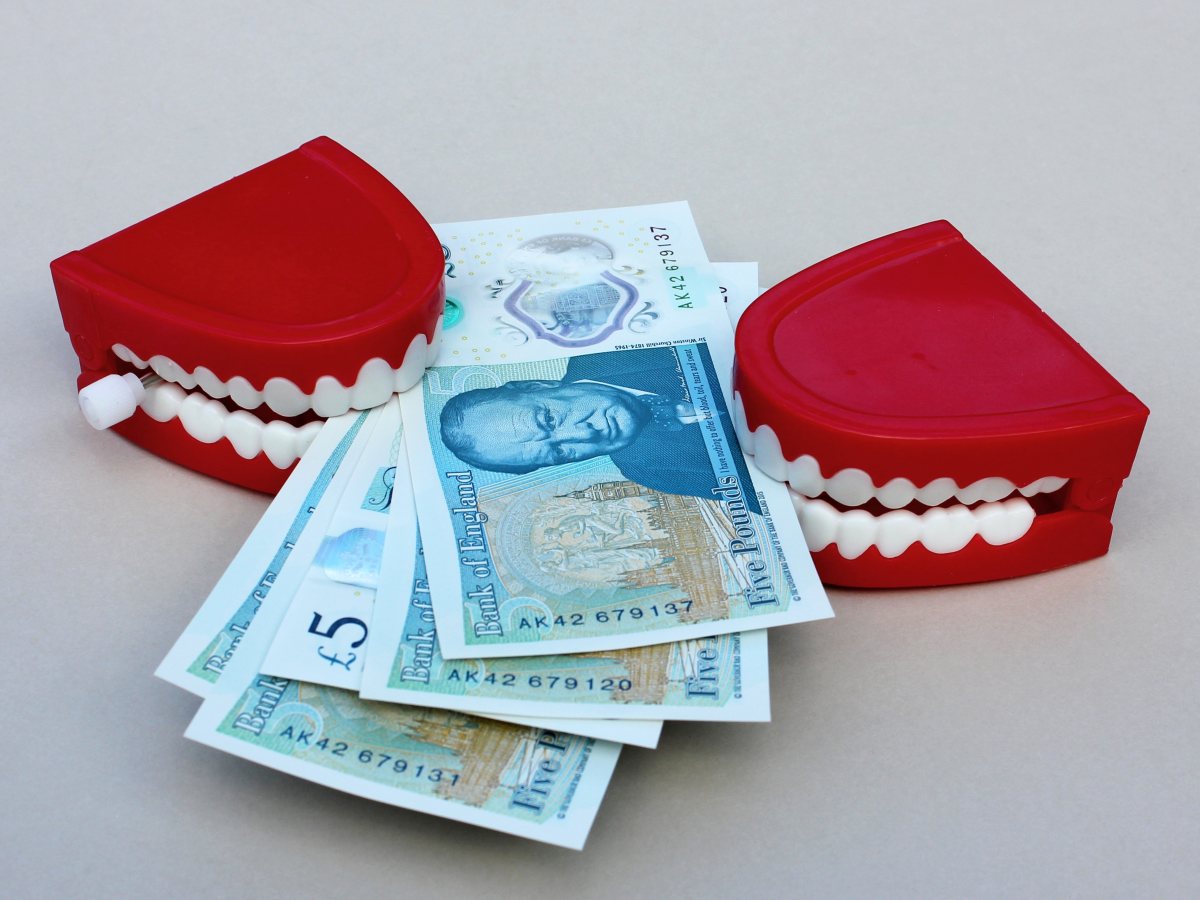POLITHEOR
European Policy Network
Blog Template
- Home
- Blog Template

The truth behind the BitCoin media hype2
- Digital Policy and Internet Governance, Op-ed
- 13/12/2017
Imagine if every time you read about breast cancer in the newspaper there was an image of a crab holding onto a breast next to the article.
READ MORE
Does faster legislation come at the cost of transparency?0
- EU Governance and Politics, Op-ed
- 10/12/2017
One of the main goals of the post-Lisbon Institutional reforms was to make EU decision-making more efficient. Following many claims that EU legislative processes are overly bureaucratized, the main goal of such efforts was to make the EU law-making more fit for the many ongoing challenges requiring great institutional re-activeness. The result of such fitness operation is quite striking.
READ MORE
Japan-EU trade deal: an uneven road ahead for EU car manufacturers?1
- International Trade, Op-ed
- 07/12/2017
The Japan-EU Economic Partnership Agreement (JEEPA) is especially beneficial for the Japanese car industry as it reduces tariff barriers on car imports from Japan. This new deal reinforces Japan’s trade strength in the car industry and asserts their growing dominance in the sector. The flip side of the deal ‘coining’ reveals two interesting aspects. One, in exchange of tariff reduction for Japanese cars, the EU will obtain tariff reductions mainly on its agricultural exports to Japan; more significantly on cheese. Two, the EU automobile market is offering a larger latitude to a country which is already a daunting competitor in the sector. Is the deal sending the EU on an uneven road?
READ MORE

Białowieża Forest: An unexpected venue for the Commission’s case against Poland0
- Environment and Energy, Op-ed
- 02/12/2017
Poland has become the prime example of recurring nationalism in the midst of Europe, fueling frictions between EU lawmakers and national leaders. But besides the pending disputes over constitutional changes and migration laws, the European Court of Justice ruling on the Białowieża Forest can define the course for the future relationship.
READ MORE
The answer to our most pressing environmental problems lies beneath our feet0
- Environment and Energy, Op-ed
- 26/11/2017
Soil is our most underappreciated, undervalued and yet most essential natural resource. Adopting restorative soil practices plays a key role in tackling many of the major challenges humanity faces today; food insecurity, climate change and biodiversity conservation.
READ MORE







